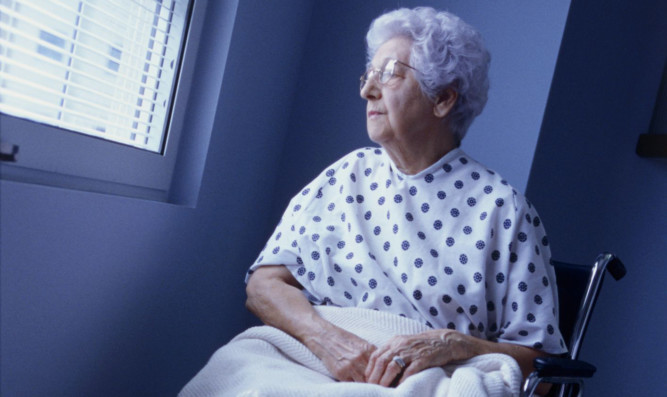
The number of vulnerable and elderly people being given meals on wheels has plunged by 63%, shocking new research has revealed.
For decades the council-led service, in which people who cannot cook for themselves have hot meals brought to their door, has provided a “lifeline” for the elderly and vulnerable.
But figures compiled by Labour revealed the amount of people receiving the meals has plunged from 296,000 in 2009/10 to 109,000 this year.
Critics claimed the cuts to those being offered the service was caused by drastic cuts to local councils’ budgets. Liz Kendall, shadow minister for care and older people, said: “Having a decent meal and contact with someone at least once a day is a lifeline for many elderly people.
“Removing this support isn’t good for them and it’s a false economy too, if their health suffers and they struggle to cope, and they end up having to go into hospital or a care home.”
The services are often funded by local council grants and staffed by volunteers, with meals provided at a subsidised rate.
Labour used Freedom of Information laws to ask English councils with responsibility for meals on wheels to detail use of the service and 84% responded.
It used the results to extrapolate the level nationally and estimated that it equates to around 220,000 fewer people receiving meals on wheels services.
The largest annual drop was recorded from 2013/14 to the current financial year, when the number of people receiving the service from local authorities fell by 49% from 214,306 to 108,856 according to Labour.
Councillor Izzi Seccombe, who chairs the community well-being board of the Local Government Association (LGA), said: “Following the Local Government finance settlement, councils will have to find £2.6 billion savings next year.
“At the same time, a rapidly-growing elderly population is driving up the cost of adult social care by hundreds of millions of pounds each year.
“The LGA has long been warning the services that elderly and vulnerable people rely on, including meals on wheels and lunch clubs, are coming under increasing threat.”
Local Government Minister Kris Hopkins said: “Councils should be providing meals on wheels to those who need it as they are responsible for protecting frontline services.
“They should also be keeping council tax down.
“There is far more scope for savings across the public sector by merging back offices, more joint working, cutting fraud, and embracing transparency to drive out waste and inefficiency.”

Enjoy the convenience of having The Sunday Post delivered as a digital ePaper straight to your smartphone, tablet or computer.
Subscribe for only £5.49 a month and enjoy all the benefits of the printed paper as a digital replica.
Subscribe